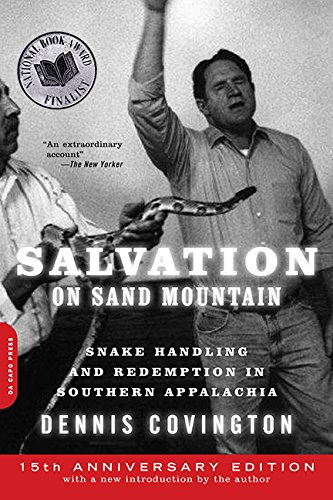I thought I might try to focus on one country or part of the world each year, reading books and watching movies from that part of the world in order to develop a “feel” and store of knowledge about a particular country or region. 2018 is going to be the year of India, Nepal, and Sri Lanka. So, the following are some books for me to choose from. I don’t plan to read all of these, but I do hope to read several.
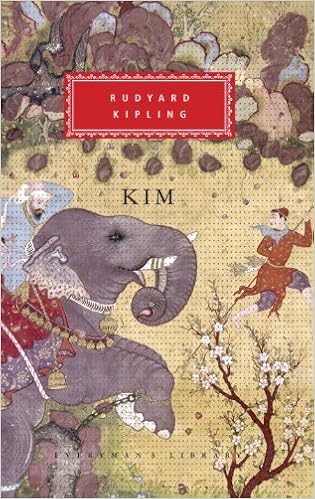 Kim by Rudyard Kipling. I tried this classic novel of India from a British colonial perspective a couple of years ago, but I couldn’t get into it. IthinkI’ll try again.
Kim by Rudyard Kipling. I tried this classic novel of India from a British colonial perspective a couple of years ago, but I couldn’t get into it. IthinkI’ll try again.
The Jungle Book by Rudyard Kipling. I think I read this children’s classic when I was a child, but I’d like to re-read.
Two Under the Indian Sun by Jon and Rumer Godden. Famed author Rumer Godden and her sister Jon collaborated on this memoir of their childhood in colonial India, 1915-1920.
The Peacock Spring by Rumer Godden. Two British (white) half-sisters, Una and Hal, come to India to live with their divorced U.N.-diplomat father. Both girls become romantically involved with Indian men.
Kingfishers Catch Fire by Rumer Godden. Fiction about a young widow, Sophie, who goes with her two daughters to live in rural India, written in the wake of Rumer Godden’s own experience of living with her children in an isolated house in Kashmir. The title of the novel comes from a poem by Gerard Manley Hopkins.
Freedom at Midnight by Larry Collins and Dominique LaPierre. “A famous, major work on Gandhi, Jinnah, Nehru, Admiral Lord Mountbatten, and the partition of India.” (Goodreads)
City of Joy by Dominique LaPierre. Fiction inspired by the true story of a doctor who moved to Calcutta in the 1960’s and experienced a spiritual awakening.
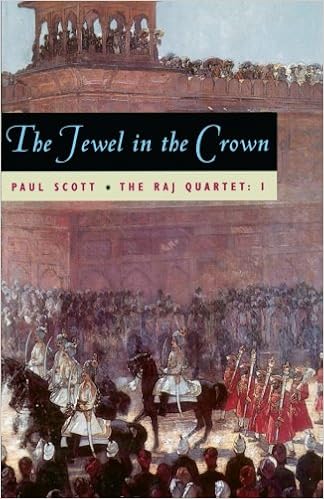 The Indian Bride by Karin Fossum. Norwegian mystery about a bride from India.
The Indian Bride by Karin Fossum. Norwegian mystery about a bride from India.
On the Far side of Liglig Mountain: Adventures of an American Family in Nepal by Thomas Hale. Medical missionary memoir.
The Raj Quartet by Paul Scott. The Jewel in the Crown, The Day of the Scorpion, The Towers of Silence, and The Division of Spoils. The origins of Paul Scott’s vast masterpiece.
My Seventh Monsoon: A Himalayan Journey of Faith and Mission by Naomi Reed. “From the view point of her seventh monsoon, Naomi Reed takes time to look back on the seasons of her life. As she does so, she shares with us her journey of faith and mission and reveals poignant truths about God and the way He works His purposes in our lives through seasons.” (Goodreads)
The Faith of Ashish by Kay Marshall Strom. Christian fiction from the Blessings in India series. Sequels are Hope of Shridula and Love of Divena.
Teatime for the Firefly by Shona Patel. India, 1943 and following.
Life of Pi by Yann Martel. I’ve heard of this book and seen it on numerous lists of recommended reading. I fear that it will be too “spiritual” and ecumenical for my tastes, but maybe not.
Midnight’s Children by Salman Rushdie. Not sure about this one either. “Born at the stroke of midnight, at the precise moment of India’s independence, Saleem Sinai is destined from birth to be special. For he is one of 1,001 children born in the midnight hour, children who all have special gifts, children with whom Saleem is telepathically linked.” It sounds very posh and literary, which may or may not be what I want to read.
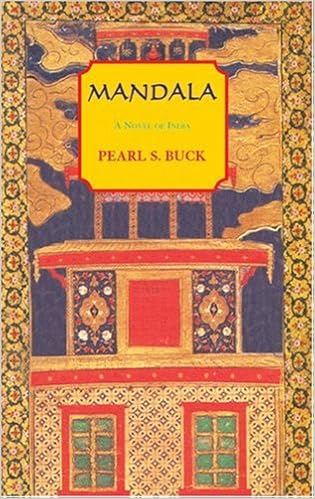 A Passage to India by E.M. Forster. This novel is another one that I remember trying to read once upon a time, but I didn’t get very far with it. Maybe a second try is in order.
A Passage to India by E.M. Forster. This novel is another one that I remember trying to read once upon a time, but I didn’t get very far with it. Maybe a second try is in order.
A Suitable Boy by Vikram Seth. In the early 1950’s, Lata and her mother, Mrs. Rupa Mehra, are both trying to find — through love or through exacting maternal appraisal — a suitable boy for Lata to marry.
Churchill’s Secret War: The British Empire and the Ravaging of India During World War II by Madhusree Mukerjee. I love Churchill, but he definitely had his faults and his blind spots. India was one of them, I think.
Mandala by Pearl S. Buck. “News reaches Maharana Prince Jagat and his wife, Moti, that their only son, Jai, has been killed by the Chinese in a border skirmish. An inconsolable Moti sends Jagat out to bring the boy’s spirit home. On the journey, the prince becomes involved with a beautiful and mysterious young American woman.” (Goodreads)
Dancing Princess by Jean Bothwell. Set in 16th century India during the reign of the Mughal emperor Akbar. Or I may settle for some other novel by this author; many of her novels are set in India, and I’d like to try out her work.
Sold by Patricia McCormick. Verse novel about child sex slavery and prostitution.
 A Fine Balance by Rohinton Mistry. My friend Bethany says she “would recommend it as being worth reading, but warn that the fine balance seems strongly tipped to the despairing side of life.” I may or may not be in the right mood for this 500+ page tome sometime this year.
A Fine Balance by Rohinton Mistry. My friend Bethany says she “would recommend it as being worth reading, but warn that the fine balance seems strongly tipped to the despairing side of life.” I may or may not be in the right mood for this 500+ page tome sometime this year.
City of Djinns: A Year in Delhi by William Dalrymple. “William Dalrymple explores the seven “dead” cities of Delhi as well as the eighth city-today’s Delhi.” (Goodreads)
Outcast by Dianne Noble. Someone recommended this novel of modern-day Calcutta to me. A Hundred Hands by the same author sounds good, too.
Again, these are all books that I have yet to read, so I’m certainly not recommending all of them. Do you have any books about or set in India, Nepal or Sri Lanka to recommend?
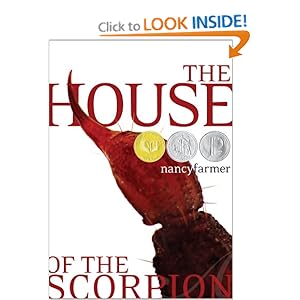 The House of the Scorpion won the National Book for Young People’s Literature in 2002 and was a Newbery Honor Book in 2003. I was fascinated by Matt’s fight for survival and by his oddly familiar world in which drug lords rule and people are enslaved by power-hungry dictators who long for riches and immortality. Would that all of those people who gain a little power would, rather than seeking after more and more, pray the prayer of Solomon:
The House of the Scorpion won the National Book for Young People’s Literature in 2002 and was a Newbery Honor Book in 2003. I was fascinated by Matt’s fight for survival and by his oddly familiar world in which drug lords rule and people are enslaved by power-hungry dictators who long for riches and immortality. Would that all of those people who gain a little power would, rather than seeking after more and more, pray the prayer of Solomon:



